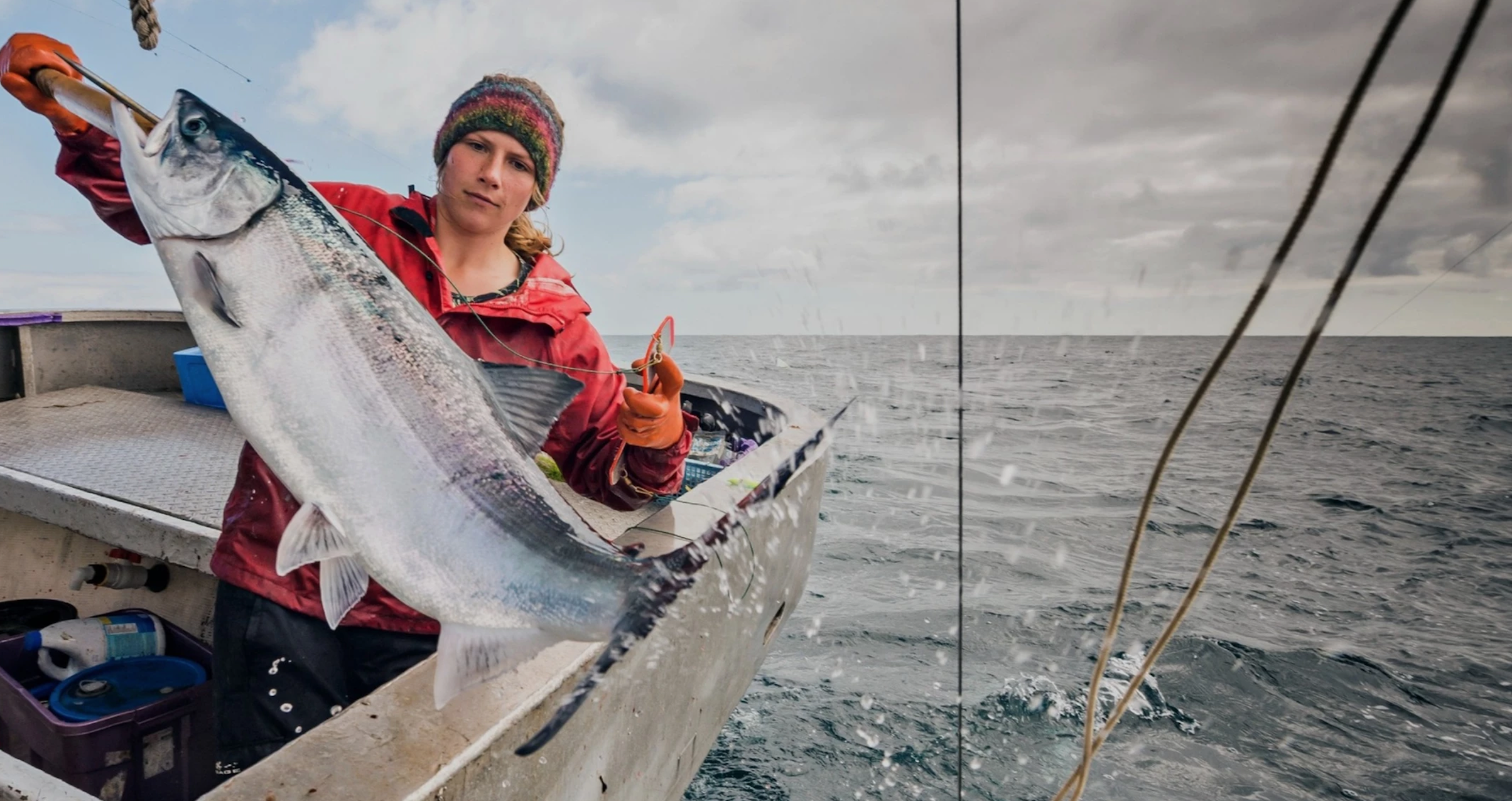There’s a new move afoot in Congress to revive the National Seafood Council, bringing back a unified national marketing campaign from three decades ago. Industry advocates began to see the national council idea as a response to the covid-19 pandemic and its massive disruption of the U.S. seafood supply. Sens. Roger Wicker, R-Miss., and Ben Cardin, D-Md., on Sept. 29 introduced the Seafood Marketing Act of 2022 to reestablish the National Seafood Council, to run a national seafood marketing campaign “that promotes the public health benefits and sustainability of all seafood,” according to a statement from the senators. In 1986 Congress passed the Fish and Seafood Promotion Act that provided start-up funding for a national marketing council that operated from 1987 to 1991. After the market mayhem of covid-19 – which still saw strong consumer demand for seafood when it was available – the U.S. Department of Commerce Marine Fisheries Advisory Committee proposed reviving the National Seafood Council. “America’s seafood industry provides our nation with some of the most nutritious, cost-effective, and delicious protein on the market. That is especially true in my home state of Mississippi where our producers are a cultural and economic treasure,” Senator Wicker said. “This bipartisan effort would raise awareness about the positive health benefits of eating seafood and continue supporting a critical sector of the American economy.” “Americans are looking for competitive options at the supermarket and seafood provides a range of tastes for healthy and delicious meals,” said Senator Cardin. “Across the Chesapeake Bay and across the country, seafood is an integral component of our economy. I’m proud to join Senator Wicker in this bipartisan effort to support this important industry.” The legislation’s language touts recommendations from prominent health organizations saying Americans should eat at least two servings of seafood per week. The bill cites nutritional benefits of seafood consumption, including for pregnant women and their children, and for brain health for both children and adults. “The scientific consensus is strong and clear: eating seafood at least twice a week is good for brain health, heart health, and overall wellness,” said Linda Cornish, founder and president of the Seafood Nutrition Partnership. “America is in the middle of a public health crisis exacerbated by the pandemic. Simply educating consumers on seafood nutrition can go a long way to improving people’s health and lives.” “The bill is in large part the culmination of a concerted effort to unite the U.S. seafood community around the simple message that seafood is the healthiest animal protein on Earth,” according to the senators’ statement. “Since the beginning of the year, leading members of the seafood community from the National Seafood Council (NSC) Task Force have led a movement – America’s Seafood Campaign – to help to bring together the industry and tell Congress about the need for support in the form of a promotion campaign.” “Consumers craved seafood during the pandemic and learned about its many health and nutritional benefits,” said Jim Motos, senior vice president with Rich Products Corporation and an NSC task force member. “The industry has a window of opportunity to reinforce consumers' newfound love for seafood and communicate the public health benefits of seafood on a national level.” “The seafood community is extremely passionate about the nutritional value and sustainability of our products,” said Bill Hueffner, vice president of marketing and development at Pacific Seafood and an NSC task force member. “We’re thrilled by this bill’s introduction and call on Congress to follow through so we can bring more fresh, delicious, and nutritious seafood to people around the country.” The Seafood Marketing Act would authorize $25 million per year for five years to oversee a national seafood promotion campaign. It would also broaden the legislative language to include all seafood in addition to fish, and add seaweed – a growing aquaculture sector, especially in cold-water coastal states like Maine and Alaska – to the federal definition of seafood. The bill is headed next to the Senate Committee on Commerce, Science, and Transportation for debate and a vote to report it out to Congress. |







